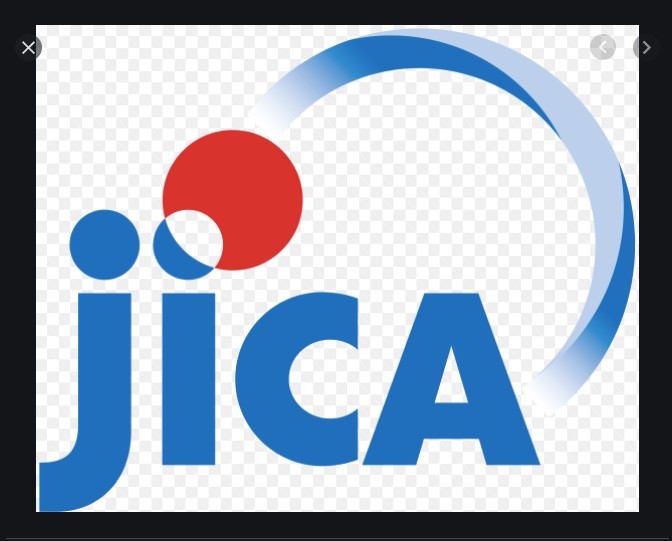New Delhi, NFAPost: The Japan International Cooperation Agency (JICA) organised a workshop as a prelude to its efforts to celebrate World Water Day on March 22 with this year’s theme ‘Valuing Water’ with its committed objective.
JICA, a Japanese governmental agency that delivers the bulk of Official Development Assistance for the government world over, will celebrate World Water Day and reiterate the value of water as the celebration is happening in the age of climate change and a pandemic.
Speaking at the function the organisation initiative, JICA India Chief Representative Katsuo Matsumoto said as the world emerges out of an unprecedented situation, which has profoundly affected the social and economic sectors globally, citizens have learnt several critical lessons.
“The water sector plays an important role in the fight against disasters of such magnitude, which is not a mystery anymore, as safe water supply and improved sanitation is crucial for prevention of a pandemic,” said Katsuo Matsumoto.
With the world surging toward recovery from this once in a lifetime crisis, Katsuo Matsumoto said it is important to apply the SDG theme of leave no one behind, especially when it comes to sprucing up water and sanitation for all.
Water stress
The organisation also finds that India’s water problem is very acute, nearly half the country’s population faces high-to-extreme water stress and about 200,000 die each year due to inadequate access to safe water.
Given the multifarious threats of water shortage and contamination of the resources, JICA proposes a multifaceted approach that should be considered to overcome this pressing challenge.

The Japanese agency stated that the present establishment in India advocates promoting the Jal Jeevan Mission with a starting endowment funds of Rs 3.5 trillion and the goal “to provide to all households in rural area safe and adequate water through individual household tap connections by 2024.
The Jal Jeevan Mission subsumed the older National Rural Drinking Water Programme (NRDWP), preserving the goal “to provide Functional Household Tap Connection (FHTC) to every rural household “by 2024.
Grant aids
The overall contribution to the sector has been 37 ODA Loans, 4 Grant Aids and 12 Technical Cooperation Projects. With JICA’s projects, water supply has catered to approximately 30 million people and 15 million people have received access to sanitation.
Due to the pandemic, there is more focus on maintaining sanitation and washing hands than ever before. It is very important to use water wisely so that prevention of the spread of the virus doesn’t lead to depletion of another precious resource – water.
JICA recently launched the “Achhi Aadat Campaign” to sensitize people for appropriate handwashing and other hygiene practices, collaborating with Japanese companies. One of the partners is LIXIL which produces SATO tap, a portable handwashing station suitable for the environment where water is scarce or handwashing facility is not available.
Utilising the donated products like SATO Tap, JICA is reaching out to the targeted children to teach them “Good habits” to protect them from viruses that cause infectious diseases including the COVID-19. SATO Tap enables washing hands upto 8-10 times in just 1 litre of water, it especially is a boon to low income families who can use it with ease.
Workplace health
JICA recently conducted a workshop to create awareness for taking countermeasures against COVID-19 wherein, safeguarding measures for the prevention and control of the disease were discussed.
The Japanese agency also proposed this matrix to maintain the economic, social and health systems at workplaces. The dignitaries from various organisations such as Department of Economic Affairs (DEA) Ministry of Finance, Odisha Water Supply and Sewerage Board (OWSSB), Larsen & Toubro (L&T), were part of this workshop.
The workshop witnessed pressing concerns such as educational activities, water-related precautions, need for hand washing facilities, adequate provision of PPE (Personal Protective Equipment), thorough implementation of social distancing, setting up of monitoring committees at construction sites, and securing of budgets.





